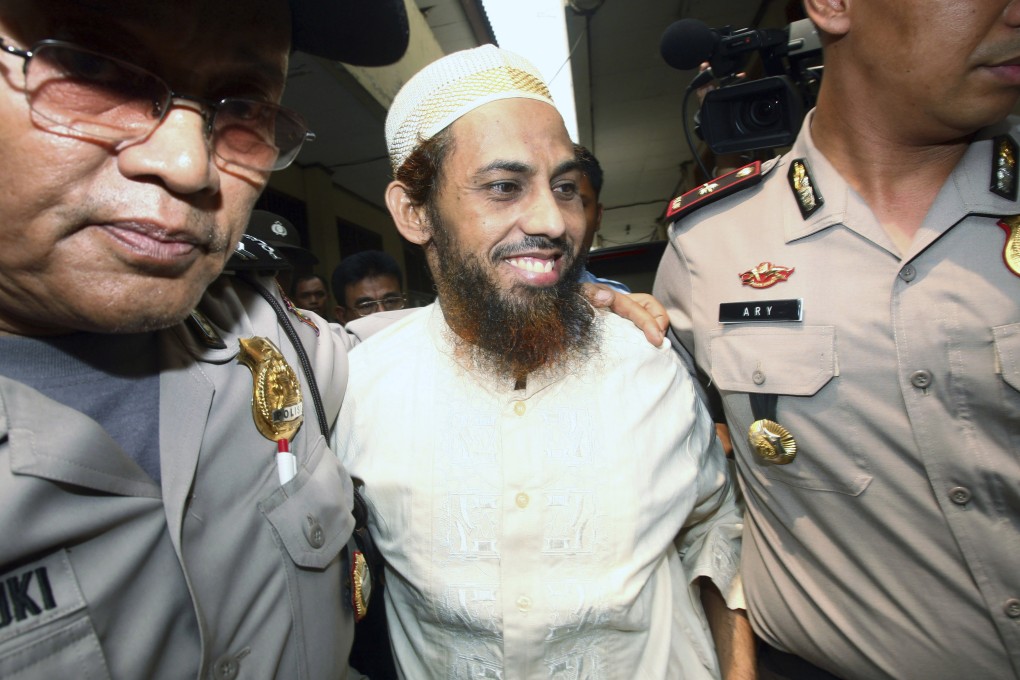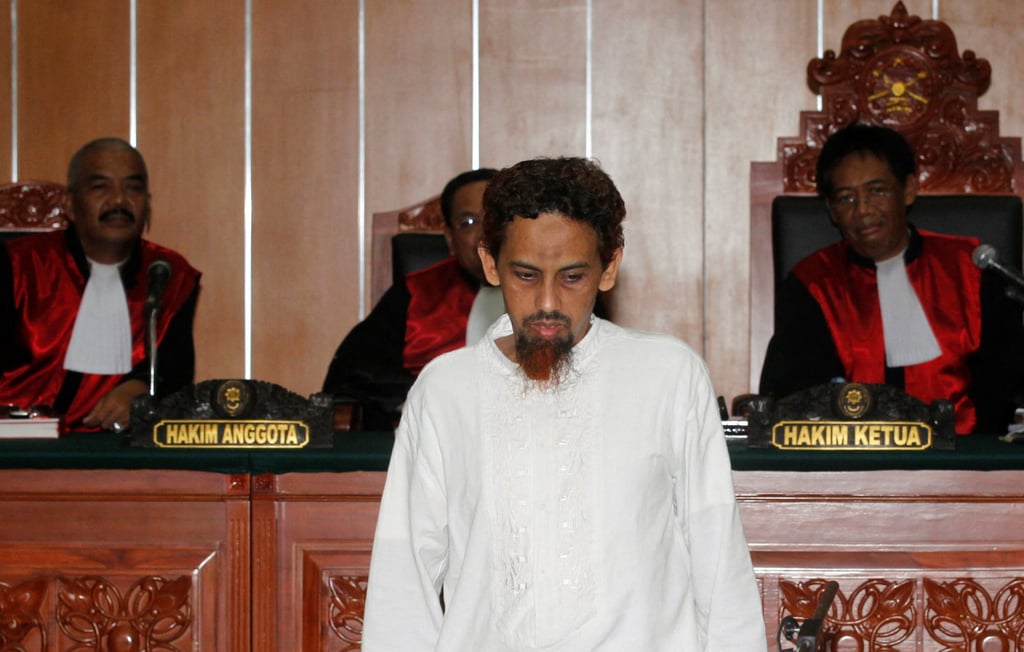Advertisement
Bomb maker behind Bali blasts ‘sorry’, but has ‘deradicalised’ Umar Patek been rehabilitated?
- Umar Patek was jailed for 20 years for helping make the bombs that ripped through two Bali nightclubs in October 2002 that killed 202 people
- Umar Patek has received death threats for deradicalising militants and causing them to leave al-Qaeda-linked terror group behind the Bali blasts
Reading Time:4 minutes
Why you can trust SCMP
1

As the 20th anniversary of the devastating 2002 Bali bombings nears, grief and remorse has cast a pall over Indonesia’s ties with Australia which lost 88 citizens in the attack that killed 202 people. Eleven Hong Kong residents were also killed.
The source of discord is Indonesian Umar Patek – jailed for 20 years for helping make the car bombs and suicide vests that ripped through two Bali nightclubs on October 12, 2002.
He became eligible for parole in August after a series of remissions for good behaviour. Indonesia authorities have yet to decide on his parole status.
Advertisement
Australian Prime Minister Anthony Albanese told Channel 9 last month that an early release of Patek “will cause further distress to Australians who were the families of victims of the Bali bombings.”

Patek was then a senior member of Jemaah Islamiah (JI), the al-Qaeda-linked terror group behind the Bali blasts. He is known to be highly trained and has spent time in Afghanistan, Pakistan and the southern Philippines.
Advertisement
Former JI member Ali Fauzi and a friend of Patek told This Week In Asia the man who once had a US$1 million bounty on his head is remorseful and “a changed man.”
Advertisement
Select Voice
Choose your listening speed
Get through articles 2x faster
1.25x
250 WPM
Slow
Average
Fast
1.25x